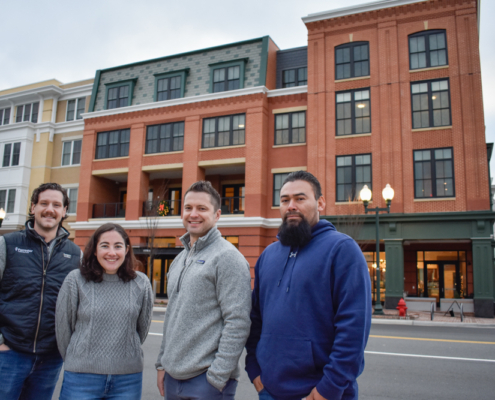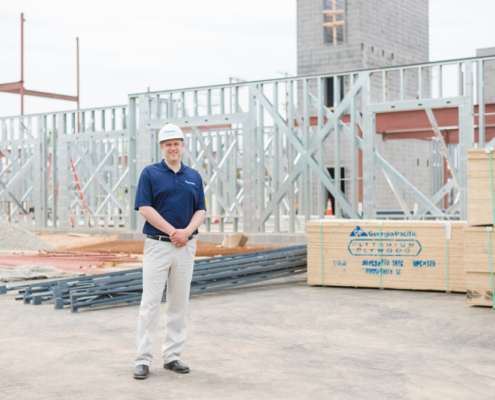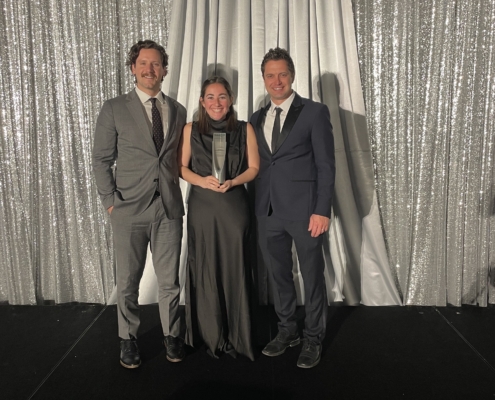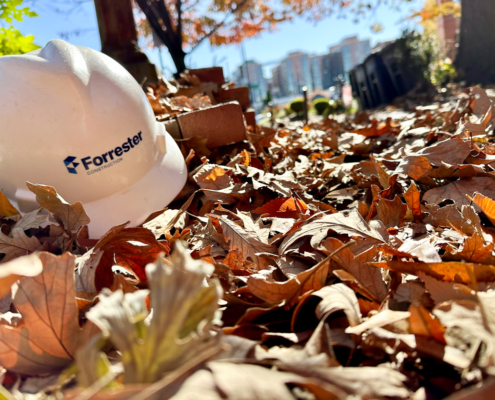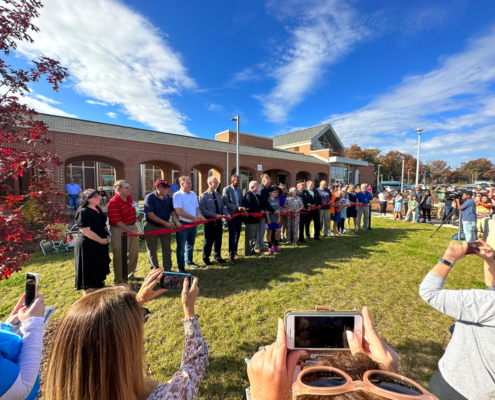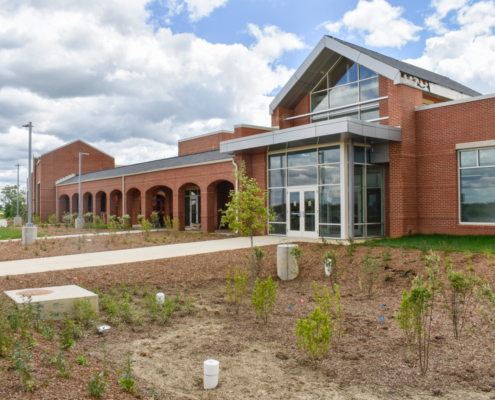Safety Tips: Preventing Heat Related Illnesses
As summer continues and temperatures remain high, it is important we are all aware of ways to prevent heat-related illness. Physical activity at high temperatures can directly affect health and indirectly be the cause of accidents.
Heat stress is a signal that the body is having difficulty maintaining its temperature range. The heart pumps faster, blood is diverted from internal organs to the skin, breathing rate increases, and sweating increases, all in an attempt to transfer heat to the outside and cool the skin by evaporation of sweat. If the body can’t keep up, the person suffers effects ranging from heat cramps, to heat exhaustion, and finally to heatstroke.
Keep in mind: In dry climates you might not feel wet or sticky, but you are still sweating! On a very warm day you can lose as much as two liters of fluid.
Beat the heat! Help prevent the effects of heat-related illnesses by:
- Drinking water frequently and moderately (every 15-30 minutes—about a glass full)
- Resting frequently
- Eating lightly
- Doing more strenuous jobs during the cooler morning hours
- Utilizing the ventilation or fans in enclosed areas
- Remembering that it takes about 1-2 weeks for the body to adjust to the heat; this adaptation to heat is quickly lost—so your body will need time to adjust after a vacation, too
- Avoiding alcohol consumption
- Wearing light-colored, cotton clothes and keeping your shirt on
Know the symptoms! Keep an eye out for individuals experiencing symptoms of heat exhaustion including:
- Headache, dizziness, or fainting
- Weakness and wet skin
- Irritability or confusion
- Thirst, nausea, or vomiting
Symptoms of heatstroke include:
- Confusion
- Inability to think clearly
- Passing out/collapsing
- Having seizures
Take action! If someone is ill from the heat:
- Call a supervisor or 911 (Call 911 immediately if the individual is not alert or seems confused as these are signs of heatstroke, which can be deadly)
- Have someone stay with the individual until help arrives
- Move to a cooler/shaded area
- Fan, mist, or apply ice to the individual
- Provide drinking water if they can drink
Proper protection and simple precautions can prevent heat stress and save lives! Stay safe and stay healthy this summer by beating the heat!
Learn more about heat-related illness and how to stay safe this summer by clicking on the hotspots below.


